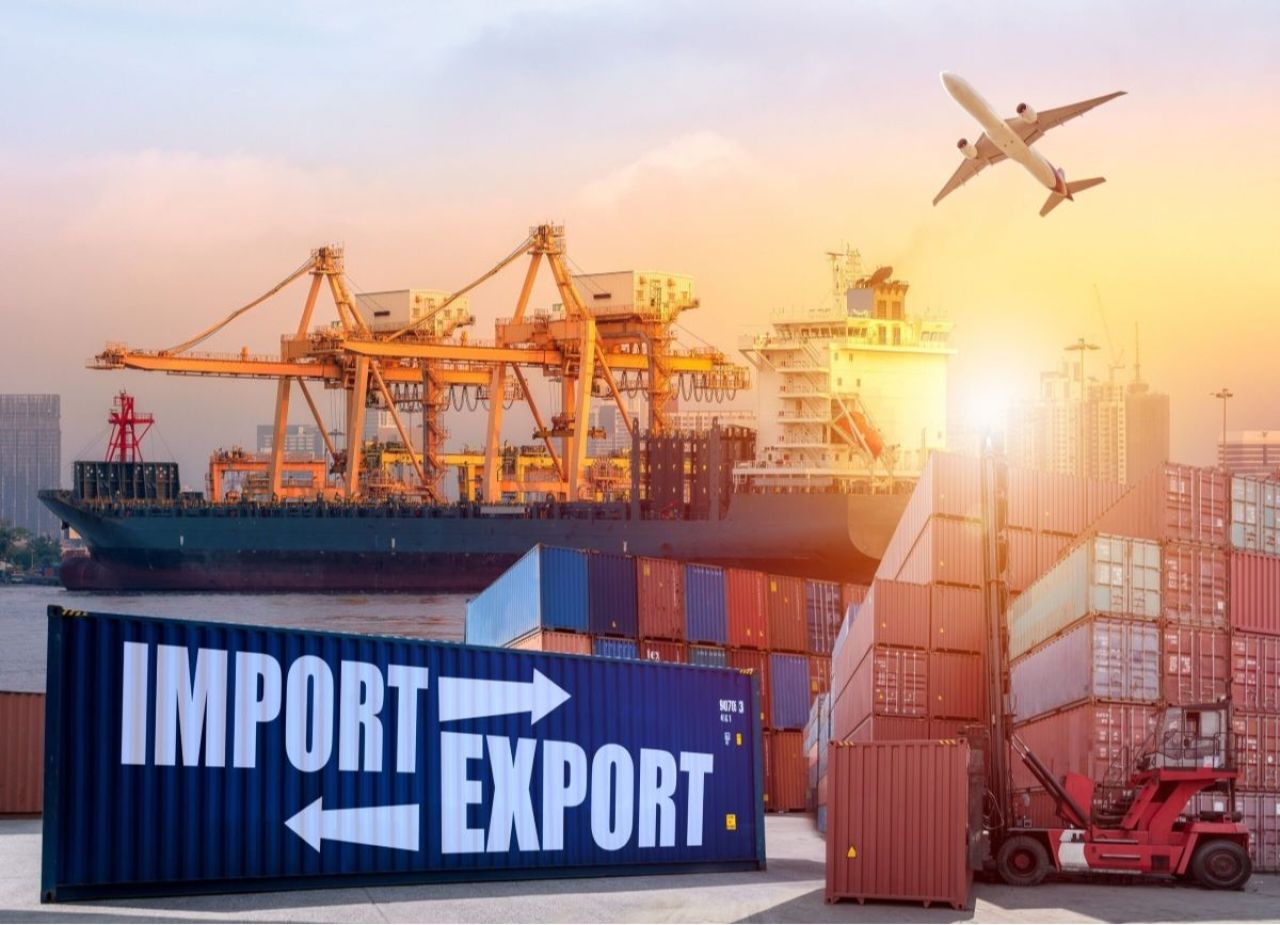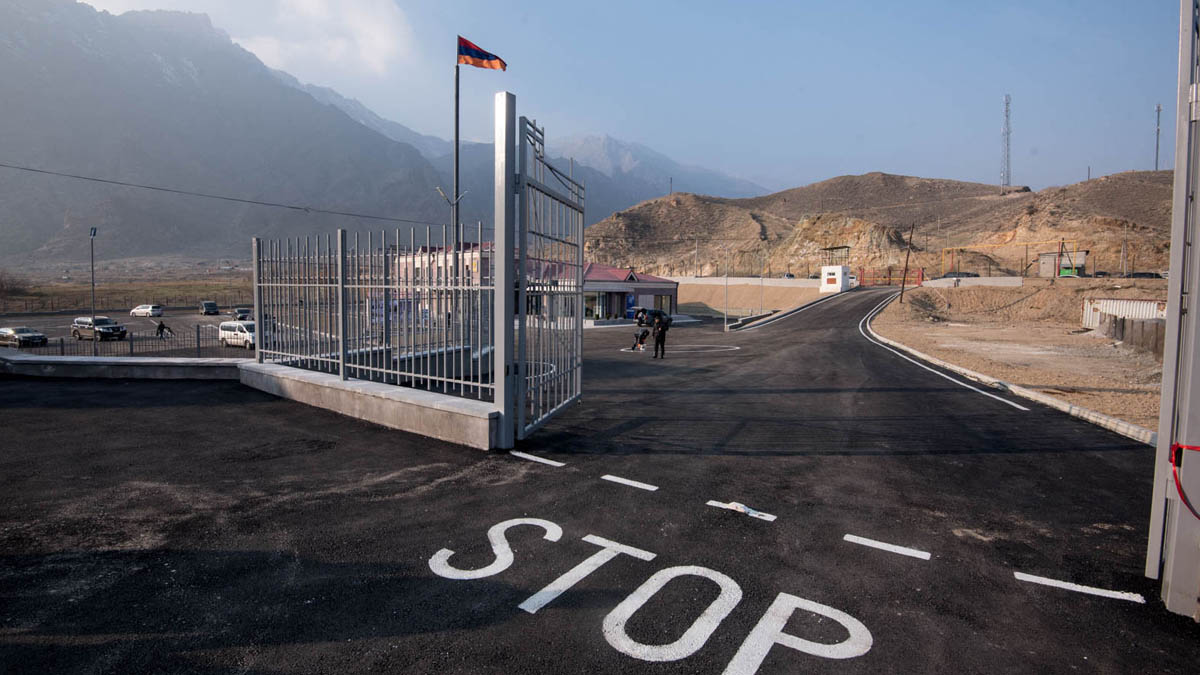Economy minister: 'Armenia won’t swap EAEU for another bloc, it seeks independence'
Economic forecast for Armenia’s potential EU membership
“We are not considering replacing the Eurasian Economic Union [a Russia-led economic bloc] with any other union under any circumstances. We want to be independent. Independence means relying on everyone to some extent, rather than just one entity, and ensuring that everyone depends on you in some way,” Armenia’s Minister of Economy Gevorg Papoyan stated today.
Last week, Armenia’s government approved a draft law titled “On Initiating Armenia’s Accession Process to the European Union.” Russia quickly responded, with Russian Deputy Prime Minister Alexei Overchuk stating that Moscow views the discussion of Armenia’s EU membership process as “the beginning of its exit from the Eurasian Economic Union.”
Papoyan’s statement can be seen as a response to Russian authorities. However, according to local experts, Armenia’s economy could face significant challenges if it leaves the EAEU, particularly regarding access to energy resources.
The initiative to hold a “Evrakhve” (Euroreferendum) was proposed by four extra-parliamentary forces united under the “Platform of Democratic Forces.” They believe Armenia should swiftly exit Russian-led integration structures and begin the process of joining the European Union. To bring the initiative to parliament, its proponents launched a signature campaign, gathering support from 60,000 citizens.
“In my view, there is neither a reason to be overly enthusiastic nor a cause for concern. With this step, we emphasize the availability of tools to exercise Armenia’s sovereign rights and affirm that we pursue an independent foreign policy based on our national interests,” Prime Minister Nikol Pashinyan stated.
- Armenia takes first steps toward EU membership: Government approves Eurovote plan
- Opinion: ‘EU expects assurances from Armenia that Georgia failed to provide’
- Armenia’s economic ties with the West: Tough, yet achievable
“Maintaining and increasing trade volumes with the EAEU is essential”
As Minister of Economy Gevorg Papoyan stated during his press conference, Armenia must produce and export competitive products to various countries worldwide:
“There’s no need to replace. We must maintain, increase, and complement trade volumes with the EAEU.”
The minister emphasized that Armenia is diversifying its economy. This is evident from the fact that the UAE has now become the country’s largest trading partner, meaning Russia is no longer in the top spot. However, Russia remains one of Armenia’s key partners, alongside China and the European Union.
Papoyan explained that Armenia currently faces challenges with the EU. Previously, the country was classified as a low-income nation and enjoyed certain privileges, such as exemptions or reduced customs duties. Now, Armenia is considered a middle-income country and no longer benefits from these advantages. According to him, this creates issues, particularly for the export of textiles and aluminum foil.
“The government is working to support these sectors to ensure their competitiveness and prevent the loss of established markets in European countries,” the minister added.
“Membership in two different organizations is impossible”: Moscow’s response
Following the Armenian government’s approval of a “Euroreferendum,” Moscow reacted strongly to the decision. Russian Deputy Prime Minister Alexei Overchuk and Kremlin Press Secretary Dmitry Peskov stated that Armenia’s potential EU membership is a sovereign right of the country.
However, both emphasized that Armenia is already a member of the Russia-led Eurasian Economic Union (EAEU), and therefore, it cannot simultaneously belong to two different organizations.
“Membership in the EAEU provides this country and its population with significant benefits. What EU membership might bring is hard to say at this stage. Hypothetically speaking, it’s simply impossible to be part of two different organizations. The EAEU has one customs space, a unified zone for the free movement of goods, services, people, and capital, while the EU operates under completely different norms,” Peskov stated.
He added that the EU’s position on Armenia’s potential membership needs further clarification. Peskov referenced Turkey as an example, noting how it has “maintained its orientation toward EU membership for decades but has not been met with much reciprocity.”
Deputy Prime Minister Alexei Overchuk warned that if Armenia leaves the EAEU, the country will face higher prices for energy and food, while exports could drop by 70-80%:
“This means ordinary people will lose income and jobs while paying more for basic necessities. In return, they will likely gain visa-free travel, while Armenia faces depopulation. It’s becoming increasingly evident that EAEU membership is a privilege.”
Overchuk concluded by comparing Armenia’s EU aspirations to buying a ticket on the “Titanic,” urging consideration of the EU’s “economic and social challenges.”
Economist Agasi Tavadian
Economist Agasi Tavadyan believes that Armenia is economically too dependent on Russia. He argues that this dependence has increased since the change of power in 2018, during the leadership of the current prime minister and his team. Specifically, exports to Russia have grown approximately sixfold, and capital inflows increased 4.5 times in 2022 alone:
“Statistics say one thing, while politicians’ statements say another. Before 2018, one-third of our exports went to the EAEU, another third to the European Union, and the remaining third to other countries. Now, exports to the EAEU account for nearly 50%, while exports to the EU have dropped to just 3.6%. Under these conditions, it’s unrealistic to talk about reducing dependence on Russia.”
According to Tavadyan, 80-90% of Armenia’s agricultural products and brandy are exported to Russia, duty-free under the EAEU agreement. He highlights that if Armenia leaves the EAEU, it will have to export the same goods to Russia while paying customs duties, making it economically disadvantageous.
The economist also points out that exporting to the EU comes with challenges such as increased transportation costs, market saturation, stringent standards, and the need for competitiveness:
“Moreover, if we aim to access the EU market, we would have to transport goods through Armenia’s closed border with Turkey, as political issues have arisen between the EU and Georgia. This raises the additional issue of reopening the Armenian-Turkish border.”
Tavadyan believes that Armenia would face significant challenges if it exited the EAEU, particularly higher energy prices. He stresses the importance of increasing energy independence, reminding that “nearly 40% of Armenia’s electricity is currently produced using Russian gas.”
According to the economist, positive changes can be expected if Armenia develops its nuclear and solar energy sectors.





















